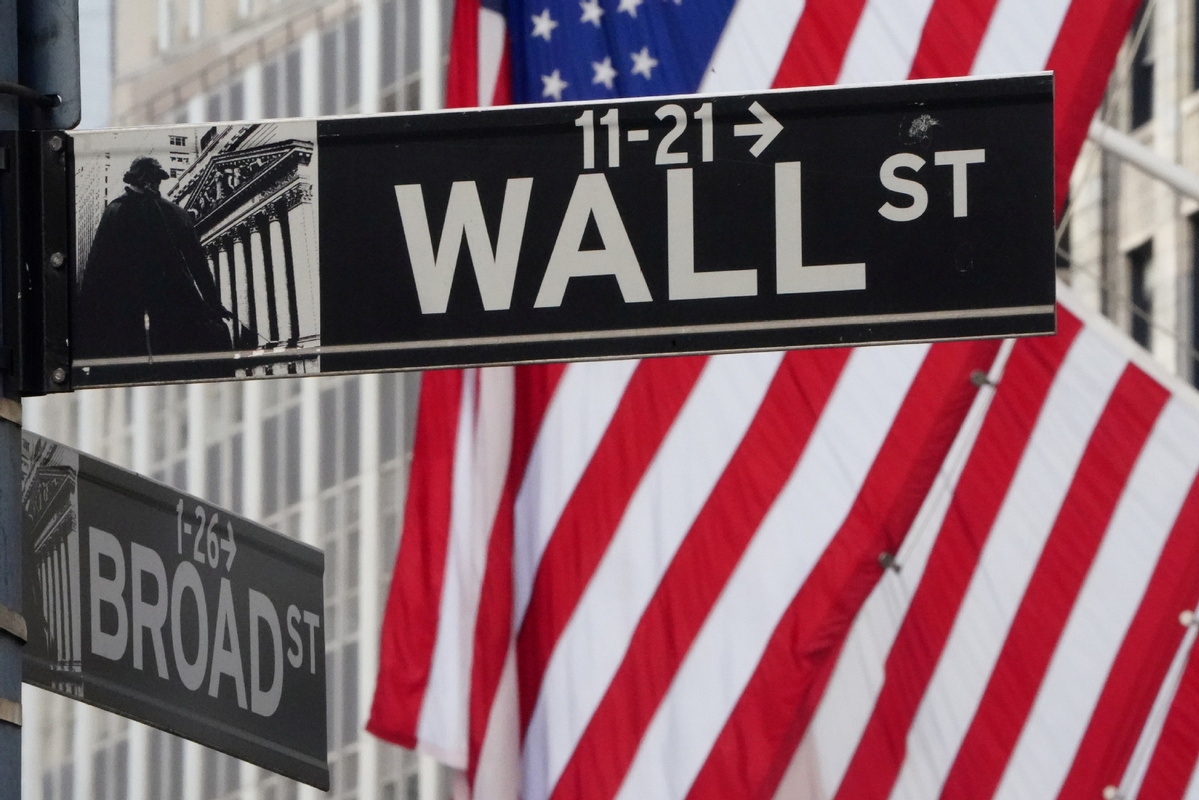US GDP contracts, but stocks rally


The US economy contracted 4.8 percent in the first quarter, the first decline since 2014 and the largest since the financial crisis of 2008, the Commerce Department reported Wednesday.
The stock market shrugged off the downbeat numbers for the gross domestic product (GDP) — the value of all goods and services produced — and rose on encouraging reports of a possible effective treatment for the novel coronavirus. Economists surveyed by Dow Jones expected the economy to shrink by 3.5 percent.
In the first quarter of 2014, the GDP dropped 1.1 percent and fell 8.40 percent in the fourth quarter of 2008 during the financial crisis sparked by the collapse of the subprime mortgage market.
Consumer spending, which represents about two-thirds of the US economy, dropped 7.6 percent. Spending on durable goods fell 16.1 percent, while services tumbled 10.2 percent, the Bureau of Economic Analysis reported.
The first-quarter economic decline could be as much as 8.25 percent after the government makes revisions to the initial GDP report, Goldman Sachs said in a research report.
Many analysts believe the US is now in a recession, although the definition is two consecutive quarters of negative growth. In the fourth quarter of 2019, the GDP grew 2.1 percent.
But there is no expectation of a turnaround in the second quarter. At its regular meeting Wednesday, the Federal Reserve pledged further action to support the market and bolster private companies through increased lending.
The stock market didn't react to the downbeat economic numbers and instead opened and finished higher as investors focused on news from biopharmaceutical company Gilead Sciences, which reported that testing of its remdesivir drug showed positive results as a treatment for coronavirus patients.
The Dow Jones Industrial Average climbed 532.31 points higher to 24,633.86. The S&P 500 added 76.12 points to 2,939.51, and the Nasdaq Composite added 306.98 points to 8,914.71.
Retail outlets throughout the nation closed in the first quarter as part of the government-imposed shutdown to curb the spread of the coronavirus.
But there may be reason for optimism as some states reopen.
Simon Property Group, the largest shopping mall owner in the US, said it plans to open 49 of its malls and outlet centers in 10 states, CNBC reported.
Initially, the retail centers will operate on shortened hours to permit overnight cleaning, including sanitizing areas that customers regularly touch, such as food court tables, escalator handrails, door pulls and electronic directories.
The company said it plans to provide free temperature testing, sanitizing wipes and masks upon request. Shoppers will be "encouraged" to wear face masks and wash their hands frequently.
But some workers plan to take the opposite tack. Employees at Amazon, FedEx, Instacart, Walmart, Whole Foods and Target, plan to call in sick or walk off the job Friday to protest what they see as record corporate profits at the expense of workers' health during the coronavirus pandemic, organizers said in a statement Wednesday.
The rate of new coronavirus infections continues to decline. Nevertheless, about 26 million people have filed unemployment claims since the economy was largely shut down to curb the spread of COVID-19.
"The ongoing public health crisis will weigh heavily on economic activity, employment and inflation in the near term, and poses considerable risks to the economic outlook over the medium term," the Federal Reserve said in a statement after its policy meeting Wednesday.

































